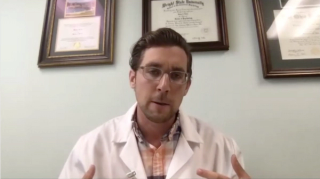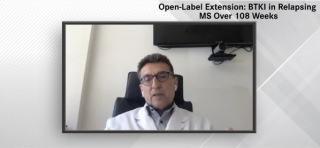
MS and Demyelinating Disorders
Latest News
Latest Videos

CME Content
More News

If approved, diroximel fumarate may offer a differentiated gastrointestinal tolerability profile for patients with relapsing forms of multiple sclerosis.

Based on the findings, patients who are stable on their current IFN-ß therapy should remain on that therapy, but further studies are needed on when to switch therapies in multiple sclerosis.

Although the trial was small, the findings reiterate what has previously been shown with natalizumab in larger, prior studies.

Physicians have debated whether or not cognition is a reliable marker for disease deterioration, and if it should necessitate a change in therapy.

The trial results indicate that EBV-specific adoptive T cell therapy is well tolerated and further back this approach in efficacy trials.

A new analysis has suggested that an inflammatory response may be a crucial and modifiable determinant of disability accrual in progressive-onset multiple sclerosis.
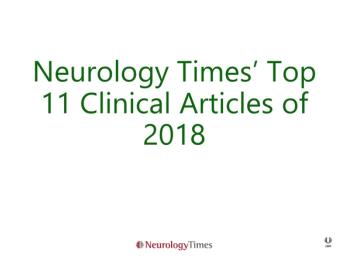
Presenting our year in review, a collection by experts in their respective fields of brain injury, MS, concussion, epilepsy, migraine, and more.

Neurology News Network for the week of December 1, 2018.

Since the therapy’s approval in 2014 for relapsing MS, 13 cases of patients experiencing these issues have been reported to the FDA’s Adverse Event Reporting System database.

The agency warned that halting treatment with fingolimod could lead to rare but possible worsening of the condition, as well as permanent disability.
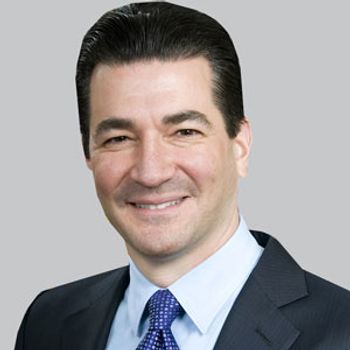
The product was being marketed for conditions including Alzheimer disease, fibromyalgia, spinal cord injury, multiple sclerosis, muscular dystrophy, Parkinson disease, and peripheral neuropathy, among others.
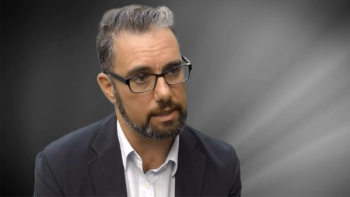
The medical director of the UCSF Multiple Sclerosis Center discussed the idea behind remyelination and shared his thoughts on what the best shot at developing a therapy might be.

The director of neuroimmunology at Johns Hopkins shared his thoughts on why neurofilament light is being developed as a biomarker for MS.

The director of neuroimmunology at Johns Hopkins shared his insight into the validation of neurofilament light as a biomarker for multiple sclerosis.

Could big data, combined with a biomarker, provide beneficial information for physicians treating multiple sclerosis?

The neurologist from Cleveland Clinic discussed the challenges of treating progressive MS, and shared his clinical experience with ibudilast.

The medical director of clinical development at Biogen spoke about the current use of the biomarker and the steps being taken clinically validate it.

The director of the Comprehensive Multiple Sclerosis Center at Thomas Jefferson University provided insight on the potential effect cladribine could have on multiple sclerosis.

For the director of the Johns Hopkins Multiple Sclerosis Center, a biomarker is perhaps only as useful as the clinician community’s ability to read out its measurements.

The medical director of the UCSF Multiple Sclerosis Center provided some insight into the development of therapies for the purpose of remyelination.

Neurology News Network for the week of October 20, 2018.

The director of the Comprehensive Multiple Sclerosis Center at Thomas Jefferson University discussed the concept of lymphocyte depletion to reset the immune system.

With more than a dozen available therapies, disease-modification in multiple sclerosis is entering a new era of development.

Stem cell tourism is a global problem. The top three conditions marketed by such clinics are MS, PD, and stroke-often peddling false hope to patients who are vulnerable, desperately searching for a cure.
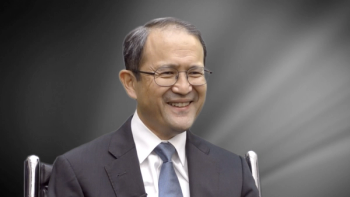
The smartphone application-led program, Floodlight Open, recently initiated in the US and Canada.








